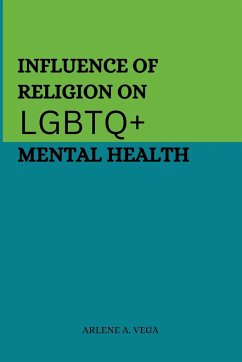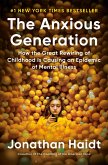When researchers first began studying the relationship between religion and mental health, a number of studies found a negative impact of religion, however, it was later found that many of the initial studies used biased clinical observations and flawed methodology (Koenig, 2000; Koenig & Larson, 2001; Moreira-Almeida et al., 2006). More contemporary research with improved methods has found that religion generally appears to have a positive impact on mental health. In most studies, religion has been found to decrease anxiety, depression, risky sexual behaviors, and substance use. The research is mixed regarding psychosis and bipolar disorder, and research on stress has found that religion can be both a source of comfort and a source of stress in people's lives. It is notable that this may be a function of the religion to which one belongs and the salience of religion in their lives (Abramowitz et al., 2004; Baker & Gorsuch, 1982; Khalaf et al., 2014; Koenig, 2000; Koenig & Larson, 2001; McCullough & Larson, 1999; Miller et al., 2012; Steketee et al., 2001; Wink et al., 2005; Wood & Conley
Hinweis: Dieser Artikel kann nur an eine deutsche Lieferadresse ausgeliefert werden.
Hinweis: Dieser Artikel kann nur an eine deutsche Lieferadresse ausgeliefert werden.








